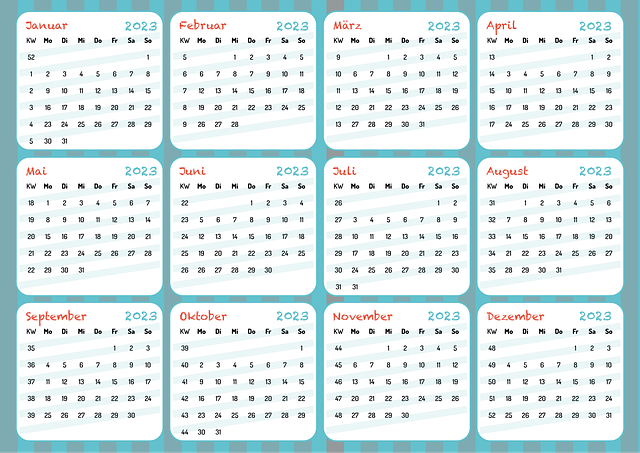Event planning for local businesses is a strategic tool to boost community engagement and drive growth by aligning events with business objectives. Key aspects include venue selection, marketing (including digital promotion), logistics management, and partnerships. Engaging experiences through immersive environments, interactivity, and technology foster customer loyalty and positive brand association. Measuring success with clear goals and post-event analysis ensures continuous improvement. Strategic planning begins with audience insights, location, and budget collaboration amplifies reach within the local business community.
Local businesses can significantly boost their visibility and community engagement through well-planned events. “Event Planning for Local Businesses” explores strategic approaches to crafting memorable gatherings that captivate audiences. From understanding target demographics to measuring event success, this guide navigates essential aspects. Discover how to create an engaging experience that fosters connections, enhances brand reputation, and paves the way for future business growth through strategic local business event planning.
- Understanding Local Business Event Strategies
- Crafting an Engaging Event Experience
- Measuring Success and Planning Ahead
Understanding Local Business Event Strategies

Understanding Local Business Event Strategies involves recognizing that events are powerful tools for fostering community engagement and driving business growth. For local businesses, strategically planned events can serve as a platform to connect with their target audience, showcase products or services, and build brand loyalty. Event Planning for Local Businesses requires a meticulous approach, considering factors like venue selection, marketing strategies, and logistics management.
By aligning event goals with the overall business objectives, entrepreneurs can create memorable experiences that resonate with attendees. Whether it’s a grand opening, a networking mixer, or a seasonal celebration, each event should be tailored to leave a lasting impression. Effective communication through targeted advertising, social media promotion, and partnerships can significantly enhance attendance and engagement, ultimately contributing to the success and sustainability of local businesses in their respective communities.
Crafting an Engaging Event Experience

Crafting an engaging event experience is a key aspect of successful event planning for local businesses. It involves creating an atmosphere that captivates attendees and leaves a lasting impression. To achieve this, organizers should focus on immersive environments, interactive elements, and unique themes that align with the brand identity of the hosting business. Engaging activities, such as workshops, product demonstrations, or interactive games, can foster participation and create memorable moments.
Moreover, leveraging technology and innovative solutions can significantly enhance the event experience. Digital tools, like interactive displays, virtual reality experiences, or mobile apps, can offer dynamic content delivery and personalized engagement. By combining thoughtful design, interactive elements, and modern technology, local businesses can transform their events into captivating experiences that attract and retain customers, fostering a positive association with their brand.
Measuring Success and Planning Ahead

Measuring success is a crucial part of event planning for local businesses, as it allows owners to understand the impact and ROI (return on investment) of their efforts. By setting clear goals before the event, such as increased brand awareness, lead generation, or customer engagement, businesses can effectively gauge their achievements through metrics like foot traffic, social media engagement, or sales figures. Post-event analysis is essential; reviewing what worked well and identifying areas for improvement ensures continuous enhancement in future local business events.
Planning ahead is the key to strategic event organization. Local businesses should consider their target audience, choosing locations and formats that resonate with them. Creating a detailed timeline, securing necessary permits, and managing budgets are vital steps. Additionally, collaboration with other local entities can amplify reach and create more meaningful experiences, fostering a thriving business community.
Local businesses can significantly boost their visibility, engage with their community, and drive growth by strategically planning and hosting events. By understanding audience needs, crafting compelling experiences, and measuring key metrics, businesses can turn these events into powerful marketing tools that foster customer loyalty and attract new patrons. Incorporating event planning for local businesses is a strategic move that pays dividends in both the short and long term.



